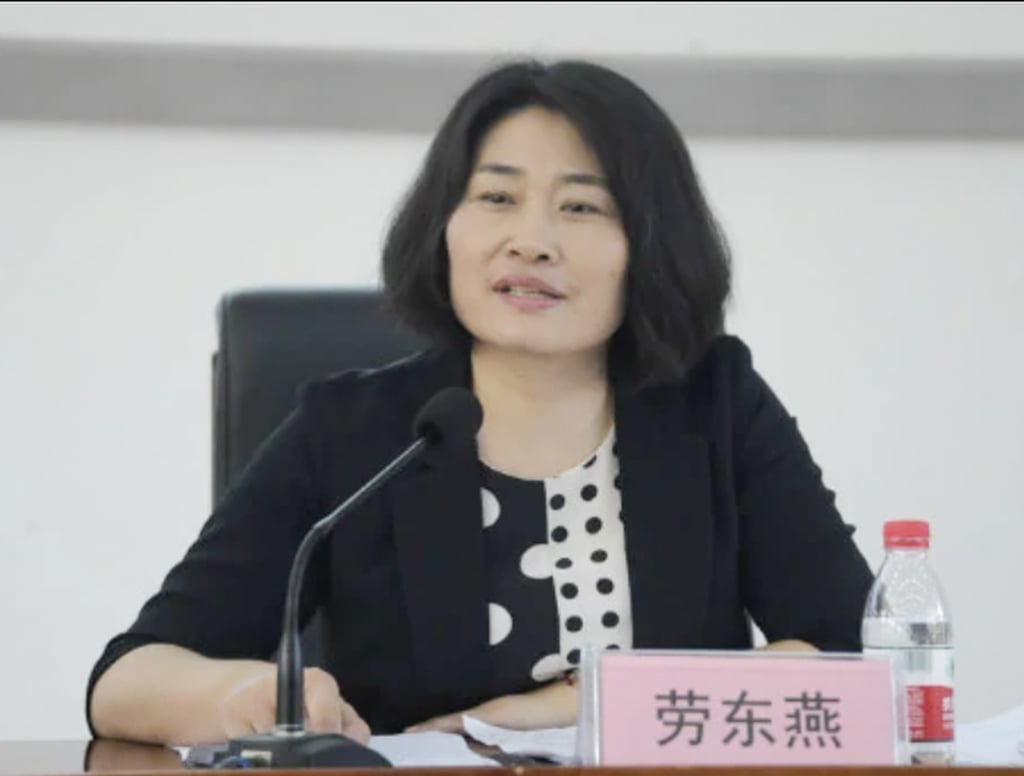Opinion | China’s censorship of voices critical of proposed cyberspace ID sets a worrying precedent

In a proposed regulation published online for public solicitation last month, China’s Ministry of Public Security and the Cyberspace Administration outlined in a 16-article document plans for an national identification system that would authenticate the country’s netizens on all internet platforms. But there are worrying signs that public feedback is going unheeded.
In accordance with Chinese law, the proposed regulation was published to solicit feedback from the public as a necessary step before it becomes law. In theory, every Chinese citizen has the right to give feedback about the regulation until August 25.
The draft, titled National Network Identity Authentication Public Service Management Measures, has caught widespread attention, as it would affect every internet user in China. Like many newly proposed regulations, it is controversial.
Some people agree with regulators that a unified cyberspace ID – made up of unique strings of numbers and letters assigned to each person online – can help prevent internet platforms from abusing the use of personal data. Others, however, have questioned whether the regulation is necessary and whether it creates a single source for the state to turn off a person’s access to all internet services.

Currently, an internet user who violates rules on one platform can have their account locked or shut down but still be able to access other platforms. If every online account is linked to a single ID number, though, the government could in theory require all platforms block the user for an infraction on any one of them.
Lao’s was one of multiple social media accounts silenced or shut down for speaking out against the regulation. The social media account of another Tsinghua professor, Huang Yusheng, was closed permanently after he said the proposal was incongruent with the “Chinese way of modernisation”.
While this kind of online censorship is not new in China, the blanket silencing of dissenting opinions about a proposed regulation is rare and sets a dangerous precedent. There is a reason regulators are required to solicit public feedback before a proposal becomes law, which is precisely to hear different points of view.
If only the yeas get a voice online while the nays are silenced, then there is no point in soliciting opinions. If those opposed to the new proposal have misunderstood the document, regulators should clarify that by improving communication with the public.
By listening to different voices, authorities have the chance to improve proposed regulations. Shutting down dissent means fewer guarantees that new rules will be fair, possibly hurting the chance for their smooth implementation.
Moreover, the forceful erasure of critical voices means real problems with proposals like the cyberspace ID system are unlikely to be addressed. Lao and others have raised legitimate points.
Beyond concerns about online access and censorship, a unified cyberspace ID, while currently proposed as a voluntary scheme, would excessively burden regulators by tasking them with the protection of a new critical piece of personal data. A leak of these ID numbers could cause serious social problems given that they are proposed as the key to all online activities.
These concerns are worthy of debate and discussion.
Source link



